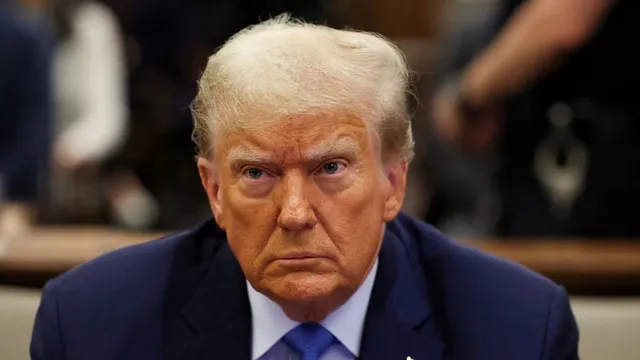- By Shivangi Sharma
- Mon, 07 Jul 2025 10:59 PM (IST)
- Source:JND
US President Donald Trump announced on Monday that 25 per cent tariffs will be imposed on a wide range of goods from Japan and South Korea, effective August 1, 2025. The announcement came not through a press conference but via formal letters sent directly to both governments, letters that have since caused a diplomatic stir across Asia.
In the letter addressed to the Japanese Prime Minister, Trump began by acknowledging the “strength and commitment” of the US-Japan trading relationship. But the message quickly turned stern, with Trump expressing frustration over what he called “significant and persistent trade deficits” that he attributed to Japan’s “tariff and non-tariff policies and trade barriers.”
“Our relationship has been, unfortunately, far from reciprocal,” Trump wrote, emphasising that previous years of dialogue had failed to deliver the fairness he believes is owed to American manufacturers and workers.
Starting August 1, all relevant imports from Japan and South Korea that fall under the affected categories will be subject to the new 25 per cent tariff rate. Trump claimed this figure was “far less than what is needed” to offset the long-standing trade imbalance. However, he also extended an olive branch, or what some might call a veiled ultimatum.
ALSO READ: China Hits Back After Trump Warns 10% Tariff On BRICS Nations | What's Next
Trump Warns Japan, Korea
“There will be no tariff if Japan, or companies within your country, decide to build or manufacture products within the United States,” Trump said, adding that the US would fast-track such investments with “approvals in a matter of weeks.”
The letter included a clear warning: if Japan or South Korea respond by raising their own tariffs, the US would match that increase on top of the 25 per cent rate already imposed. Trump framed the entire move as a necessary correction to what he called an “unsustainable trade deficit”, which he said threatens US national security.
The White House has not yet released a full list of targeted goods, but analysts predict that automobiles, electronics, and steel products could be the first to feel the impact. Both Tokyo and Seoul have so far responded cautiously, with diplomatic channels reportedly activated to seek clarification or renegotiation.

